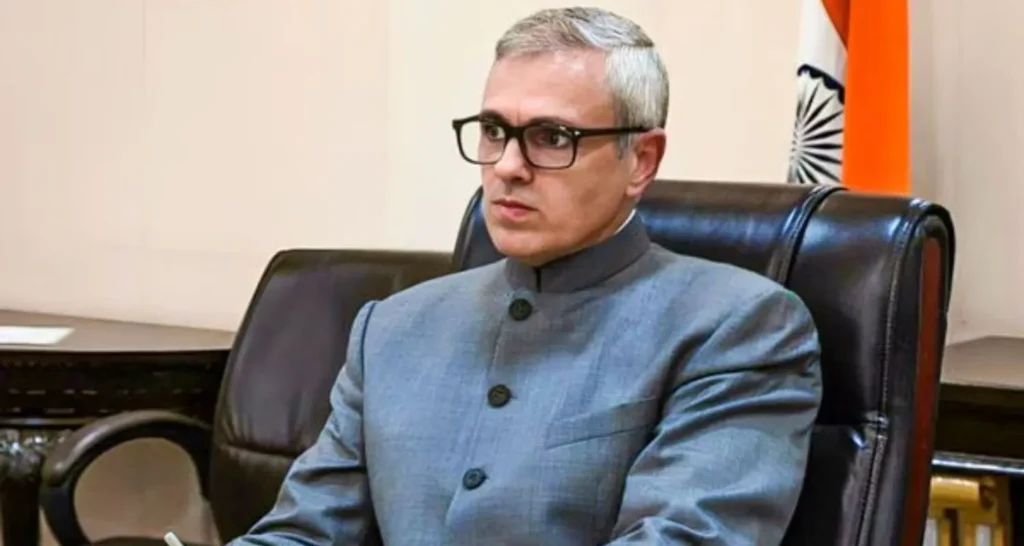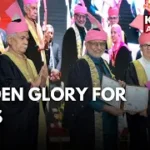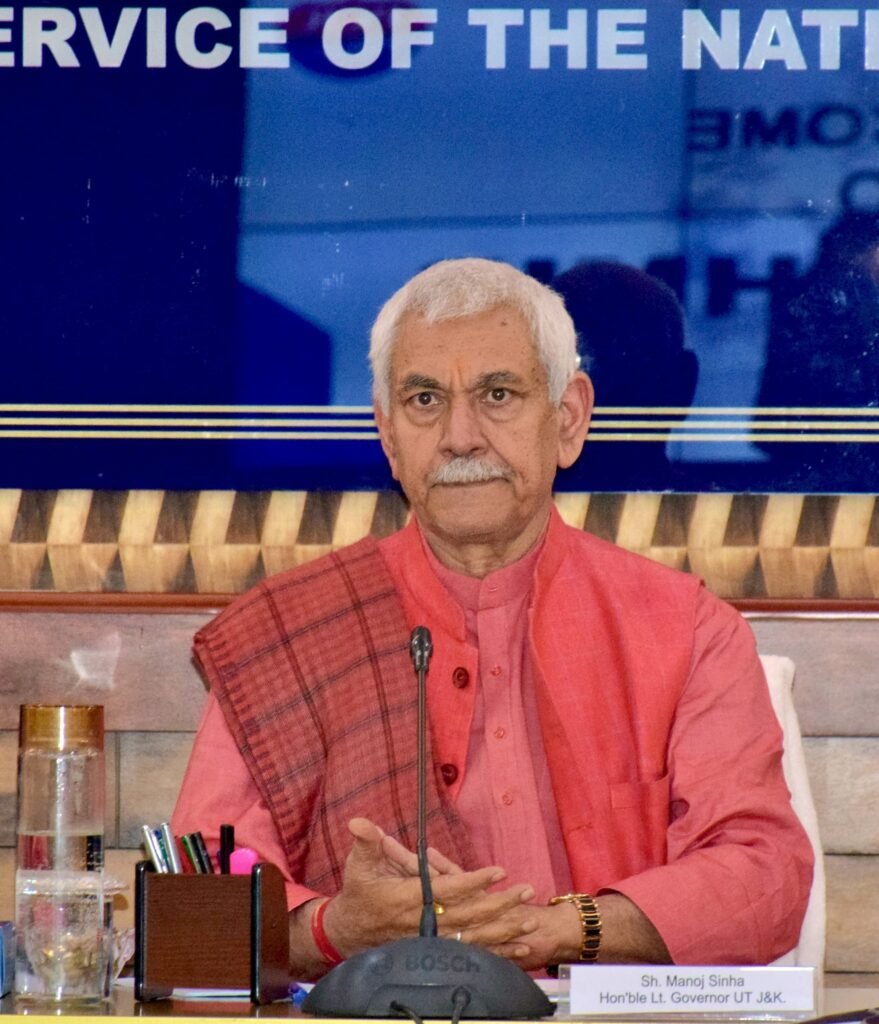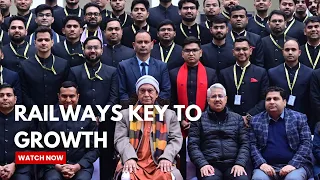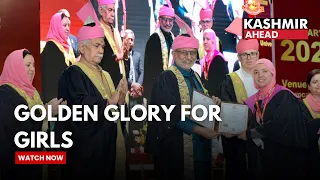Srinagar, July 16, 2025: Chief Minister Omar Abdullah has reaffirmed his commitment to transforming Srinagar into an “actual” Smart City, emphasising tangible improvements in urban infrastructure, healthcare, and public services. Speaking at the inauguration of a new 120-bed building at the Bone and Joint Hospital in Srinagar on Tuesday, the Chief Minister highlighted the need to address critical issues such as waterlogging, traffic congestion, and poor road conditions to realise the vision of the Srinagar Smart City Project.
CM Abdullah, who also serves as the Minister for Housing and Urban Development, announced a special survey to identify waterlogging hotspots across the city. “I have asked for a thorough study on waterlogging so we can develop a detailed project to address it, drain by drain, and truly make Srinagar a Smart City,” he stated. He expressed concern over the mismanagement of funds allocated for the Smart City Mission, noting that recent rainfall exposed the city’s inadequate drainage and road infrastructure. “I wonder where the funds allocated over the years have gone,” he remarked, admitting governance lapses in enforcing guidelines and maintaining roads.
The Chief Minister underscored the progress made under the Srinagar Smart City Limited (SSCL), with 144 of 164 approved projects completed at an expenditure of ₹3,312 crore. Key achievements include smart roads, integrated command and control centers (ICCCs), CCTV networks for public safety, and the introduction of eco-friendly electric buses, which transported over 61 lakh passengers in 2024. However, challenges such as non-functional Intelligent Traffic Management Systems (ITMS), traffic bottlenecks, and corruption allegations have drawn criticism. The Anti-Corruption Bureau (ACB) is investigating financial irregularities involving SSCL officials, raising questions about transparency in project execution.
Abdullah also outlined plans for two to three major infrastructure projects to ease traffic congestion and enhance connectivity. The Zero-Ticket Travel Initiative, launched in April 2025, offers free travel for women on Smart City e-buses and JKRTC buses, promoting gender-inclusive mobility and aligning with the government’s vision for a sustainable urban future. Additionally, the SSCL is set to construct 360 ultra-modern bus stops equipped with real-time Passenger Information Systems (PIS) to improve public transportation.
Despite progress, public grievances persist over delayed projects, poor planning, and impractical initiatives like bicycle-sharing schemes, which have been deemed unsuitable for Srinagar’s narrow roads and harsh weather. CM Abdullah emphasised the need for heritage conservation, citing projects like the Jhelum Riverfront, Polo View High Street, and Ghanta Ghar renovation as steps toward preserving Srinagar’s cultural identity while modernising infrastructure.
“We are committed to making Srinagar a vibrant, eco-friendly, and technologically advanced urban hub that honours its cultural heritage and improves the quality of life for its residents,” Abdullah said. The government’s focus remains on addressing public concerns, ensuring accountability, and completing the remaining 19 Smart City projects by early 2026 to fulfill the Smart Cities Mission objectives.

